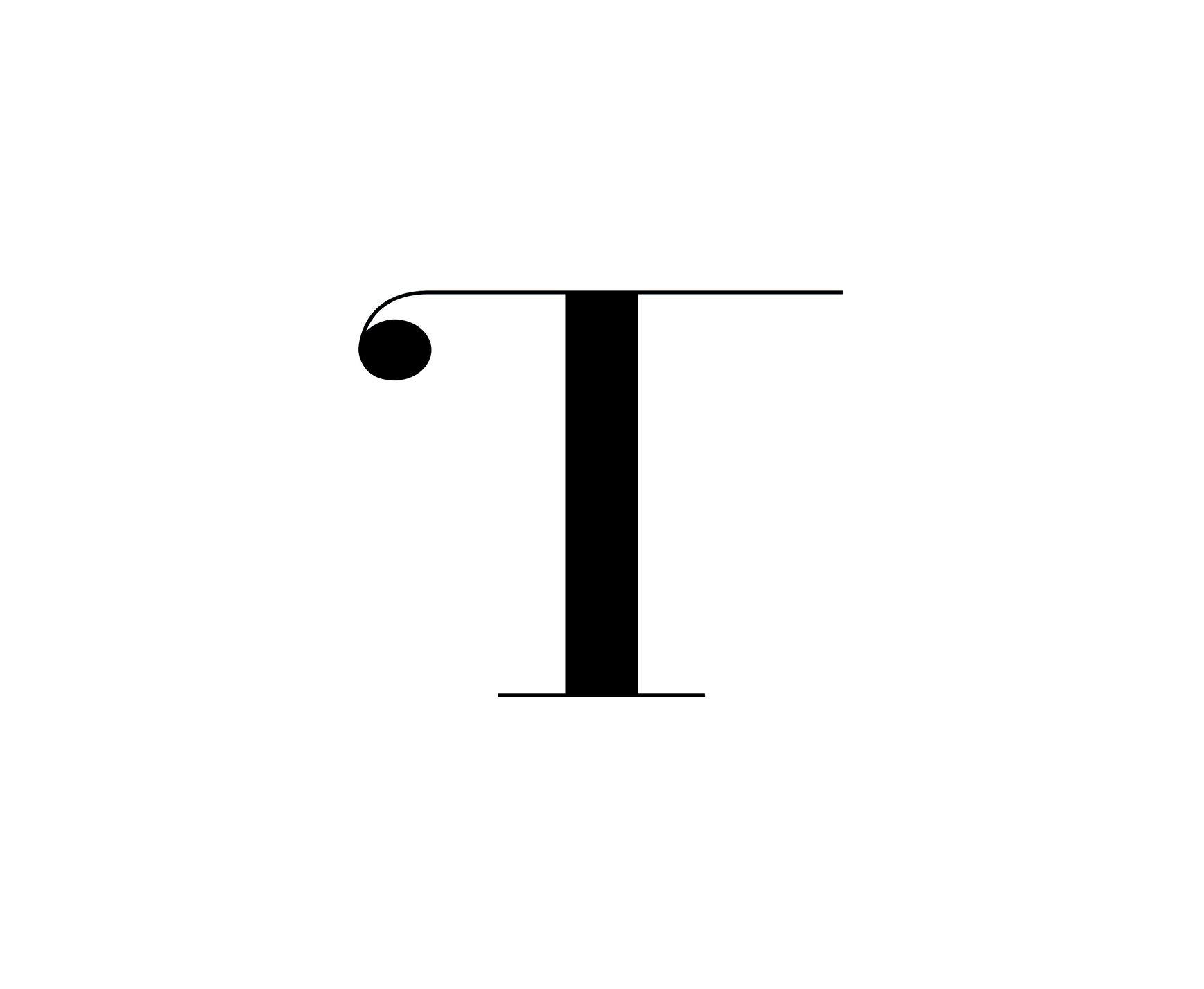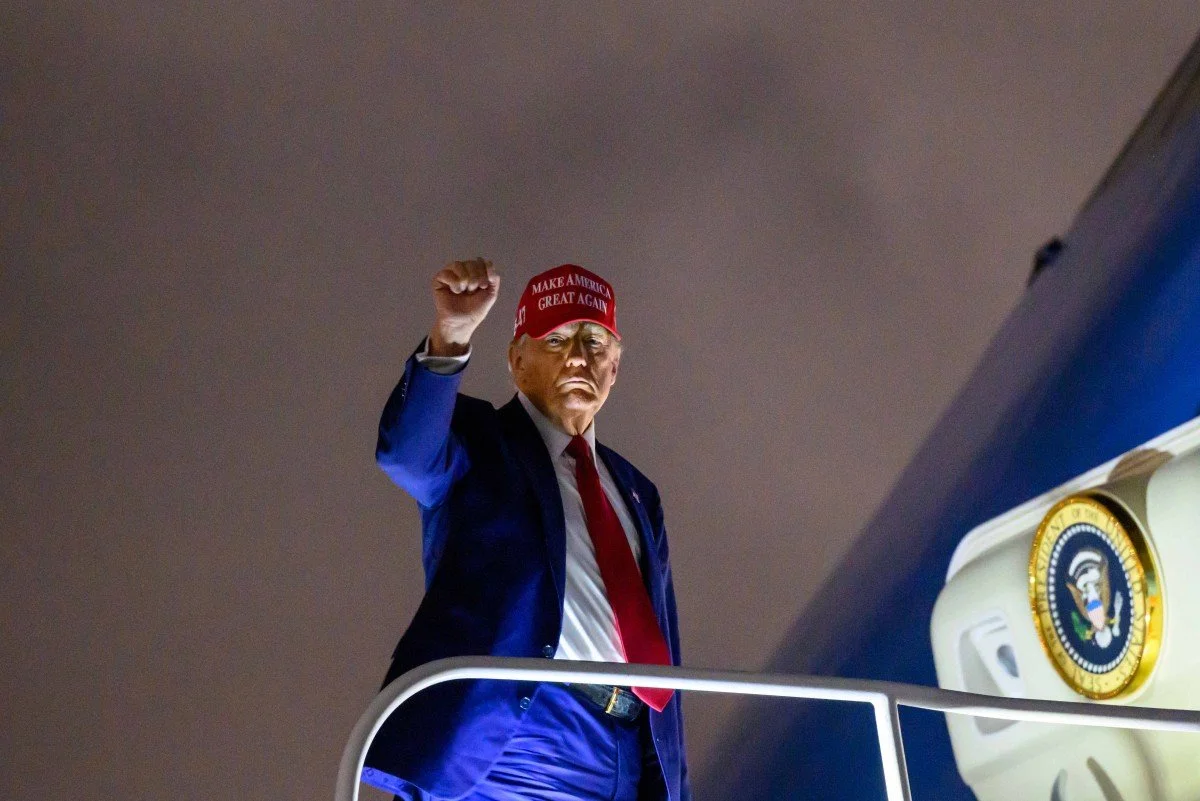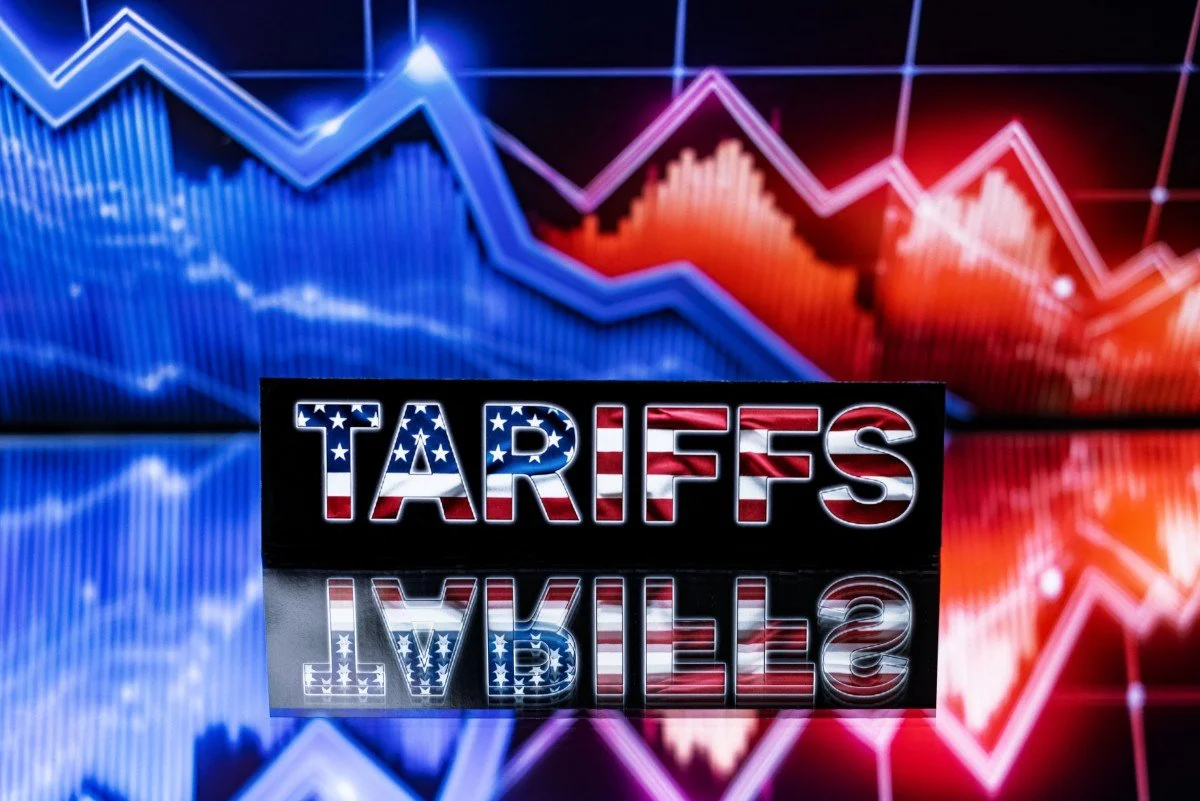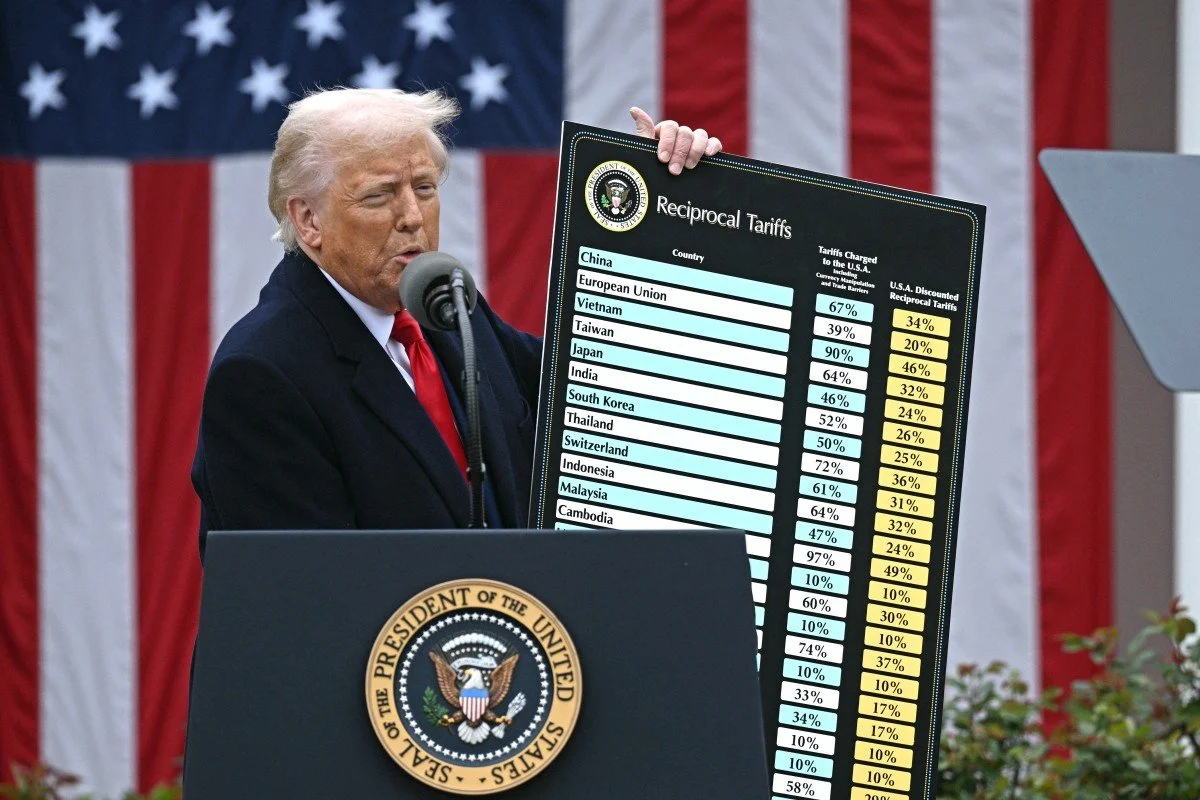British Steel has said US President Donald Trump's tariffs on the sector were partly to blame for the Scunthorpe plant's difficulties.
@RealTribunaMag
Evidence-based and policy-driven independent journalism. Tribuna Magazine offers accesible & interactive bilingual longform articles discussing relevant policy in the liberal and democratic world. Based in Costa Rica, we are: Costa Rica’s Link to the World.















